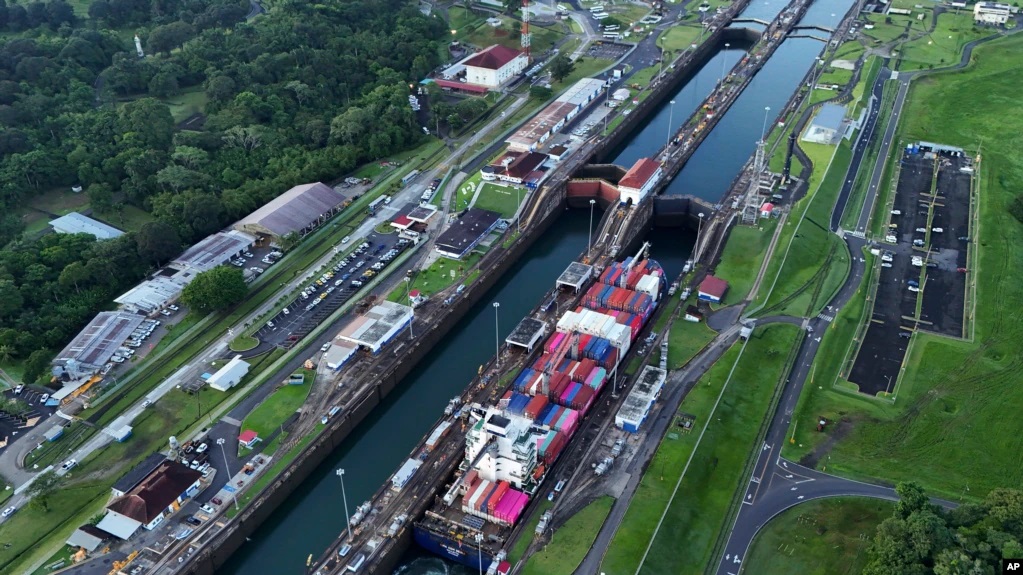Rescue Crews Search for Earthquake Survivors in Turkey, Syria as Death Toll Tops 11,000
Written by worldOneFm on February 8, 2023
Rescue crews in Turkey and Syria raced against time and the cold Wednesday to find survivors buried in the rubble of buildings toppled by powerful earthquakes that struck the region Monday and left more than 11,000 people dead.
The rescue effort in Turkey involved 96,000 personnel, the country’s emergency management agency said Wednesday.
Search sites have been the scenes of some celebrations as people are found alive and taken away for medical care. But uncovering the rubble has also meant frequent increases in the number of casualties.
Officials in Turkey said at least 6,957 people were killed and more than 38,000 others were injured. In Syria, there were at least 2,470 deaths, according to figures from the Damascus government and rescue groups.
The earthquake is now the world’s deadliest seismic event since a 2011 earthquake and tsunami that killed nearly 20,000 people in Japan.
The epicenter of Monday’s pre-dawn earthquake was in Pazarcik, near the city of Gaziantep, close to the Turkey-Syria border. Turkish President Recep Tayyip Erdogan visited the area Wednesday, including a stop at a tent city in Kahramanmaras that the emergency management agency set up for people affected by the earthquake.
Erdogan declared seven days of national mourning and a three-month state of emergency in 10 provinces directly affected by the quake.
Erdogan described the earthquake as “unique in the world,” and he thanked Qatar for offering 10,000 container homes for people left homeless.
Search teams and emergency aid from throughout the world poured into Turkey and Syria as rescue workers dug through the rubble in a desperate search for survivors. Some voices that had been crying out for help fell silent.
“We could hear their voices, they were calling for help,” said Ali Silo, whose two relatives could not be saved in the Turkish town of Nurdagi.
More than 8,000 people have been pulled from the debris in Turkey alone, Vice President Fuat Oktay said, and some 380,000 have taken refuge in government shelters or hotels. They huddled in shopping malls, stadiums, mosques and community centers, while others spent the night outside wrapped in blankets gathering around fires.
Awale Ahmed Darfa, a Somali student in Gaziantep at the epicenter, described his first sensation of the earthquake in an interview with VOA Somali.
“The situation turned critical very quickly,” he said. “We heard screams, cries and people running. The buildings were shaking as if they were shaken by jinn [evil spirits]. Everyone ran to wherever they felt they would be safe.”
“We are now outside since we left our homes around 4 a.m.,” he added. “There is a problem being outside — it is rainy, cold, windy, and we are not wearing protective clothing. Outside, everyone is wearing what they were wearing [while] asleep. Some people do not have shoes. They told us we could not go back to the buildings because of the fear [of aftershocks]. That is the disaster here.”
The earthquake struck a region enveloped on both sides of the border by more than a decade of civil war in Syria. On the Syrian side, the swath affected is divided between government-held territory and the country’s last opposition-held enclave, which is surrounded by Russian-backed government forces. Turkey, meanwhile, is home to millions of refugees from the conflict.
The opposition-held regions in Syria are packed with about 4 million people displaced from other parts of the country by the fighting. Many of them live in buildings that are already damaged from past bombardments.
The opposition emergency organization, the White Helmets, has experience pulling people from buildings collapsed by airstrikes. But with calls for help coming from more than 700 places, Mounir al-Mostafa, deputy head of the White Helmets, said they are overwhelmed. They can realistically help in 30 places.
Residents in Turkey’s western city of Izmir organized a clothing donation campaign to help the victims.
Emre Demirpolat told VOA’s Turkish Service, “We brought blankets and heaters. We need to be united. … In such bad times, we must support each other. While we can’t stay outside for 10 minutes in this cold, people there shudder to think about the loss of their homes and when they will get to go to a warm place.”
In other parts of Turkey, residents struggled to find transportation to travel to the earthquake-stricken area to see their relatives and loved ones.
Serdar Özdemir, an Ankara resident, told VOA’s Turkish service he was finally able to get a bus ticket to go to the city of Malatya, after not being able to find a car rental.
“I can’t rent a car. There’s no way to go. I have been looking for a car here for hours.”
Turkey is in one of the world’s most active earthquake zones.
In 1999, more than 17,000 people were killed when a 7.4 magnitude earthquake — the worst to hit Turkey in decades — struck near Duzce, in the northwest of the country.
Last October, a magnitude 7.0 quake hit the Aegean Sea, killing 116 people and injuring more than 1,000. All but two of the victims were in Izmir.
VOA’s Turkish and Somali services contributed to this report.
Some material for this article came from The Associated Press, Agence France-Presse and Reuters.






